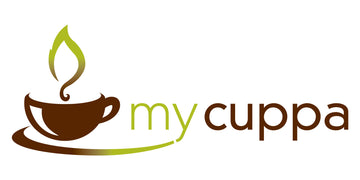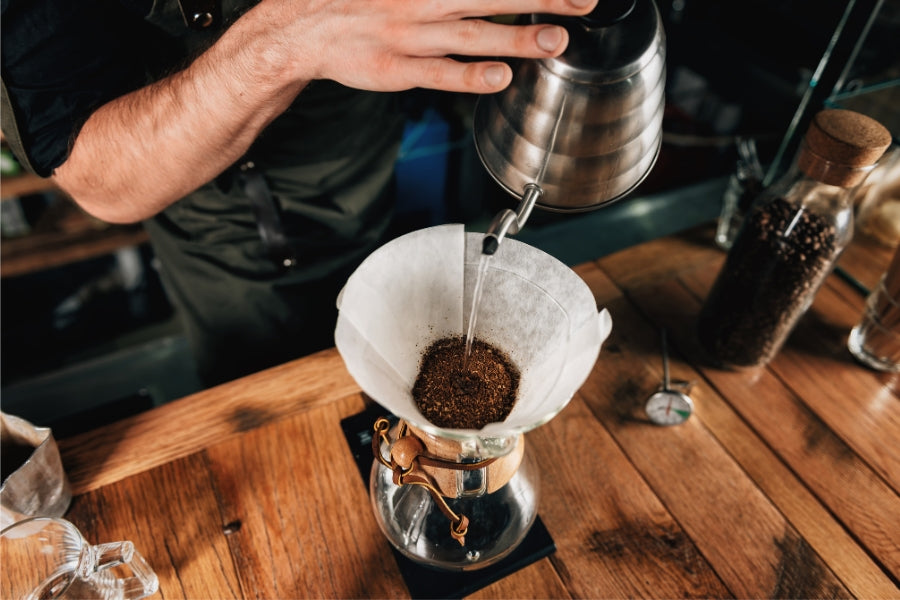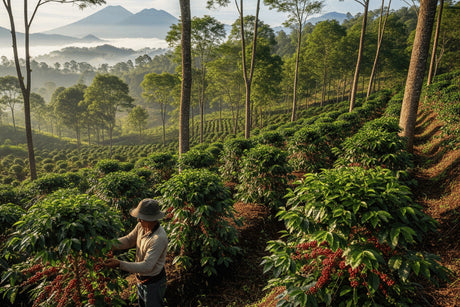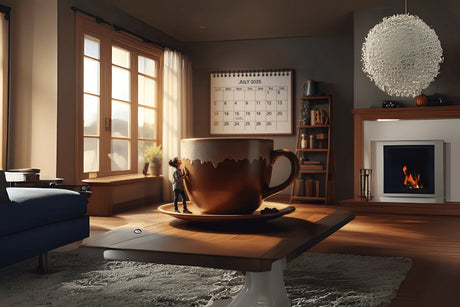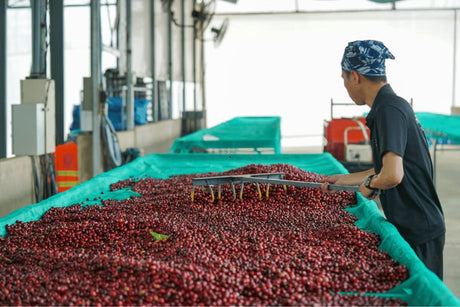mycuppa October 2014 Newsletter
filter coffees
For more than a year now, we have wanted to establish a focused Filter Category on mycuppa.com.au.
Filter and non-espresso brew methods have grown in significance over the last few years to the point where they deserve a dedicated focus, and, more importantly, they deserve a special approach to roasting.
Whenever I am about to load the next batch of raw (green) coffee into either our Geisen or Joper roasters, the same thoughts run quickly through my mind.
It creates a momentary sense of dilemma as the roaster in charge of producing the finished product.
"Who are the customers that will purchase this coffee, and how will they use it ?".
This sort of "check" occurs without fail every for single batch.
If I told you it happened more than 100 times every week, would you believe it?.
When roasting coffee beans, you must know or consider the outcome before you begin.
It's like driving to a destination; there is a target, and you need to reach it.
Unfortunately, when it comes to preparing coffee to make available for general sale, there is no single or simple answer to the question of "who is going to buy it," and therefore, any particular batch of roasted coffee has unknown (or undefined) end-customer brew methods - ranging from plunger to filter to espresso (machine).
So why do we need to know the end-brew method before roasting?
A simplistic view of theories relating to the art of roasting coffee dictates that you approach the bean (or blend) based on a desired outcome that suits (or is compatible with) known input variables of moisture, density, and processing type and combine it with our physical experiences of the bean's behaviour during the roast batch cycle and how it tastes (or cups) at certain roast depths.
This is generally termed "the profile", and each coffee has a unique profile.
If you need some clarification with all this, let me put it in a simple context: we use tools to measure and manage the temperature, airflow, rotation and duration of the roasting process to achieve our desired outcomes.
These conditions are dynamically changing throughout a 15-minute roast batch, and each nuance is managed with delicate and extreme precision - timing and applied energy are vital - just like cooking any food substance, but it's far more real-time as every second counts (or is measured and monitored).
Filter brew methods benefit from a lighter roasting profile to retain the coffee's original character.
We prepare all of our coffees in the roasted style that suits milk-based espresso.
Why?
Because statistically, around 92% of the roasted coffee manufactured in Australia is destined for a milk-based espresso consumption.
That is, your flat white, latte, cappuccino, piccolo, even the humble macchiato has a dash of milk.
This laser-like focus on milk-based espresso creates a real challenge for "black" coffee drinkers as the acid balance may not be ideal.
Unfortunately, there is an urban myth circulating the coffee-drinking community that if you get the "black" brew perfectly, it will also taste great in milk.
This theory may be valid in certain situations, but as a general rule, it does not apply to everything. Personally, I think it's rubbish or nonsense.
For our Filter Category, we have taken some dramatic steps to alter our roast profiles to achieve higher levels of retained fruits and reduce the amounts of "roast" residents in espresso-style coffees.
We are not going to roast all of our 60+ coffees in both espresso and filter styles - that's just insane!
First and foremost, our #1 priority is freshly roasted coffee and turning over our stock every 24 - 48hrs.
Our Filter Category will be a subset of our coffees - higher-grade micro-lots that work well in a filter brew situation.
Roasted lighter may only sometimes suit espresso extraction if you have high-quality machines, grinders and skill levels for dealing with lighter roast styles.
For those of you with Chemex, Kone, Aeropress, V60, Pourover's, Cold Filtered brewers such as Syphons or any of the various non-espresso brew methods, I encourage you to give our Filter Coffees a run.
Filter coffees are one of the most delicate methods of brewing coffees - bringing out the true character and clarity of flavours.
